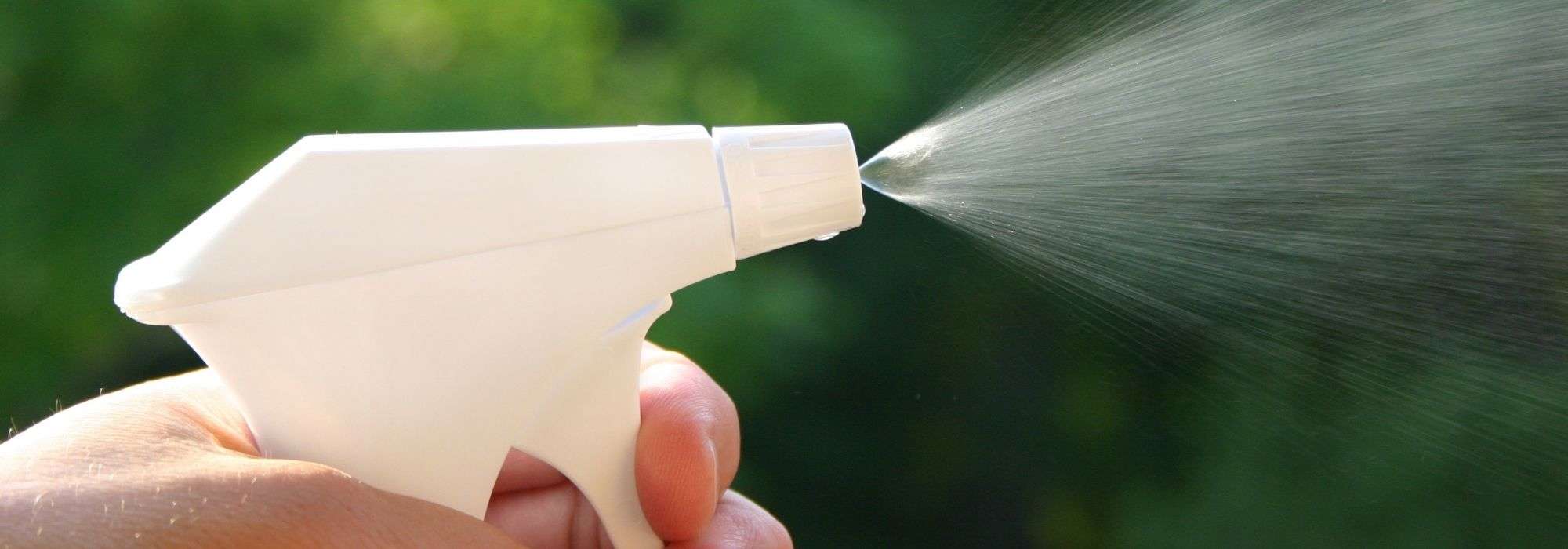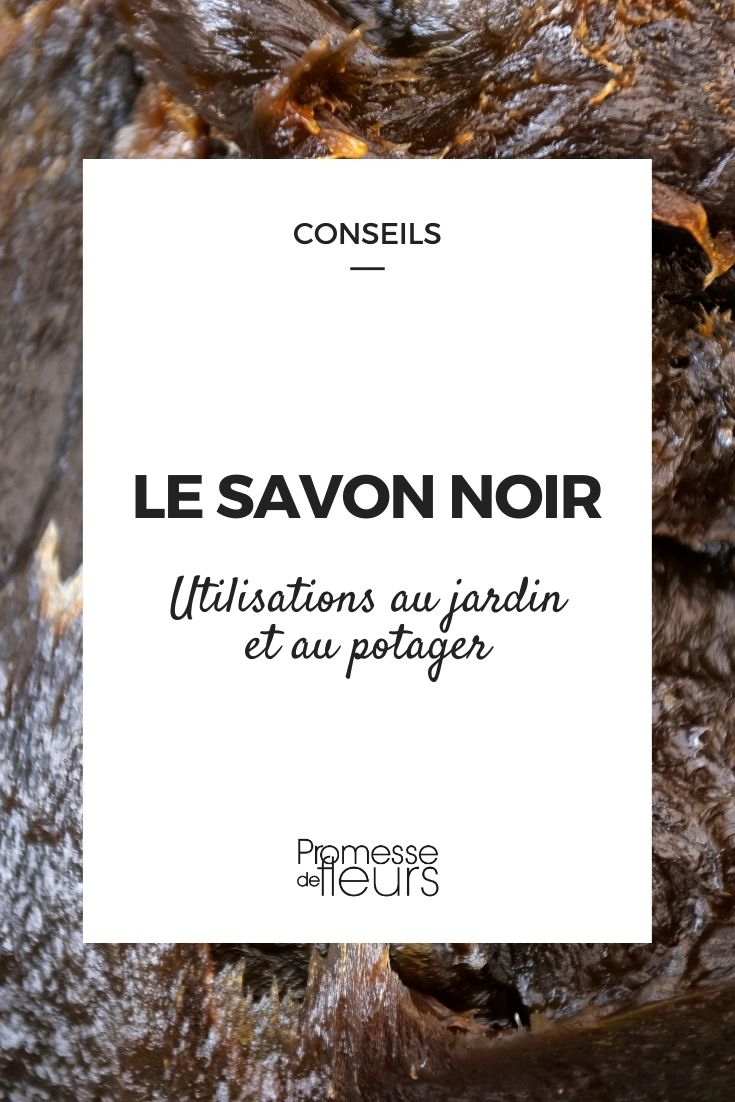
Black soap for garden and vegetable patch
Cleaner, insecticidal: a natural alternative
Contents
Since ancient times, black soap has been known and used for its cleansing properties: more than 3,000 years ago it was used daily in Syria. From the 7th and 8th centuries in Aleppo, soapworks began to be built where black soap, the world’s oldest hard soap, was produced.
If black soap has survived centuries and even millennia, it is because it can be used in many situations, both to degrease kitchen surfaces (worktops, extractor hood, oven) and to clean parquet floors and other tiles, to shampoo pets and, naturally, for gardening.
In the garden, all surfaces that easily get dirty (slates, stones, wood) can be maintained with black soap, an effective and gentle method – unlike the particularly harsh chemical products found in traditional shops.
Black soap is used not only because it cleans well, but also because it is a 100% natural alternative with the added advantage of being completely biodegradable. Every good gardener should have concentrated liquid black soap or a spray to hand, both for cleaning and for plant care: a closer look at all possible uses!
Black soap: what is it?
Black olives, ingredient for making black soap
Olive pomace from black olives is the raw material for black soap: this term refers to the mixture of pulp and fruit stones. After pressing this pomace once to obtain the famous olive oil used in cooking, a second press is carried out to produce the base for black soap.
Often, small amounts of linseed oil (and/or olive oil) are added so the soap acts both as a cleaning product and a nourishing alternative for the surfaces being treated.
Some soap-makers still produce black soap strictly following tradition, using unique know-how and, of course, avoiding any use of animal fats in production.
Adding oils for extra nourishing power
To ensure you are using black soap in its rawest form, check composition: presence of olive oil or linseed oil is not problematic. For example, olive oil is indeed present in the concentrated black soap in 4-litre container.
Choosing a formula containing 10% black soap of 100% vegetable origin allows full use of cleaning, degreasing and even insecticidal properties of liquid black soap. Presence of olive oil, meanwhile, ensures care for all cleaned surfaces, which will be properly moisturised with each application of the product.
A natural, non-toxic detergent
Considered a completely natural, multi-purpose product harmless to the planet (as it is biodegradable), black soap deserves a place in household cupboards. You can use it to clean all types of soils, and also to tackle heavily soiled kitchen surfaces.
A good choice for cleaning windows naturally, black soap is one of the useful solutions when you want to maintain and polish silverware without buying chemical detergents. Even for very dirty areas such as fireplace inserts clogged with soot or barbecue grills, black soap proves effective.
The many benefits of black soap in the garden
An effective alternative for cleaning furniture and surfaces
With 1 litre of concentrated black soap, you can very easily clean garden tiles and paving, by applying with a sponge (or by spraying). This product also serves to wash slates, stone floors and walls, terraces and wood furniture and much more!
In general, you can use this solution for all garden cleaning without fear of exposing yourself to dangerous substances or releasing them into the environment. Even if the water mixed with black soap comes into contact with plants, they are not at risk; on the contrary: this product can even protect them.
An insecticidal solution that is kind to the planet
Black soap has insecticidal properties particularly useful for gardeners. Ideally, use it in the morning, when dew still covers your young plants. If you wish to apply it during the day, lightly moisten the species you will treat beforehand – and wait about thirty minutes before spraying the black soap. Avoid treating your young plants with black soap during the hottest, sunniest hours of the day.
Concretely, black soap paralyses aphids’ respiration, which die very quickly. Better still, eggs and larvae also die on contact with black soap. Note that black soap is effective against other harmful insects such as red spider mites, whiteflies and thrips.
A cleaner to preserve leaves
When honeydew remains too long on plant leaves, a mould called sooty mould can form and prevent photosynthesis. You can clean sooty mould very simply with a sponge soaked in a mixture of water and concentrated black soap.
You can also apply this treatment in the vegetable garden, since it is carried out on the leaves (and not on fruits and vegetables). If you do so, as a precaution rinse vegetables well to remove any traces of product before consumption.
A useful solution for cleaning branches
During the plant’s dormant period, when leaves begin to fall, you can clean branches and bark with a little black soap. This way you will quickly remove fungal spores (potentially pathogenous) as well as insect larvae. This preventive treatment can be carried out two or three times to avoid the appearance of the most common parasitic pests.
A product compatible with organic farming
If you use our ready-to-use black soap spray or our alternatives in jerrycan, you will in any case be using a product perfectly compatible with organic farming, compliant with EC Regulation 648/2004.
As a precaution, when black soap is used on trees, fruit bushes or vegetable crops, it is recommended to wait 5 days before harvest – extended to 21 days for treatment applied to vines.
Now that you know all the advantages and many possible uses of black soap, it is well worth getting some for garden and home… It will enable you to use fewer chemical products daily, and why not even banish them!
- Subscribe!
- Contents
































Comments